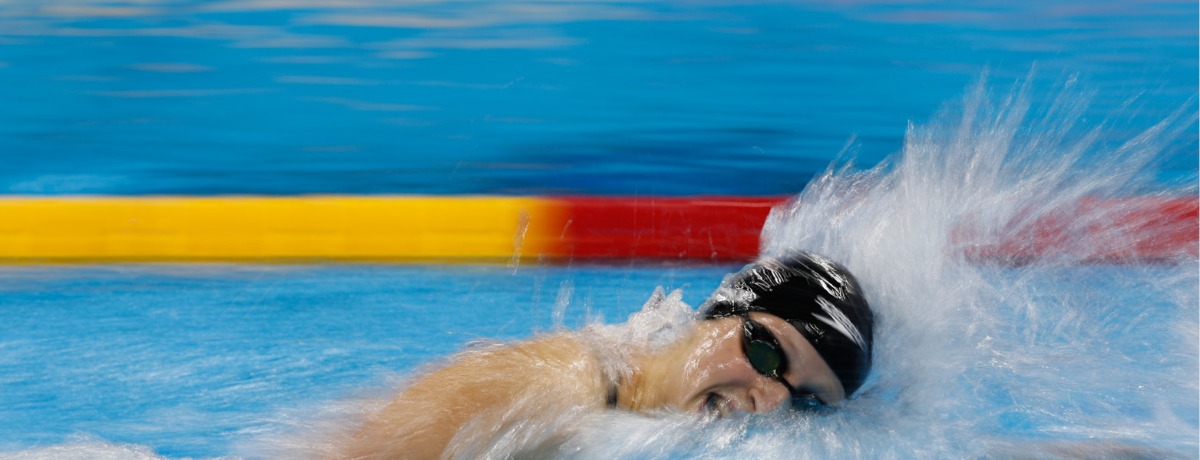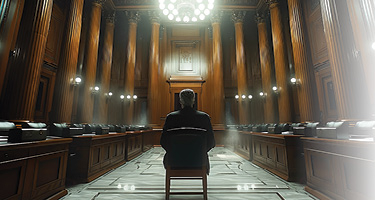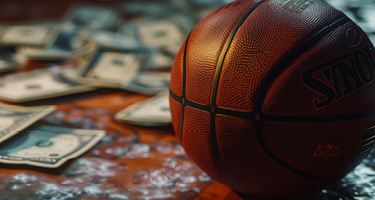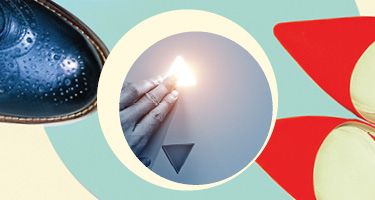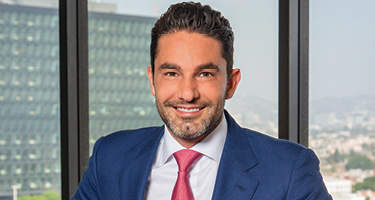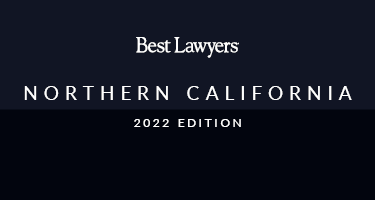Katie Ledecky is the most dominant swimmer to attend college in the 21st century. In her Freshman year at Stanford University, she set 12 NCAA records, nine American records, and led the team to its first NCAA championship of the century. After a similarly spectacular sophomore year, with another NCAA team championship, Ledecky decided to start accepting money for professional endorsements. Because NCAA rules prohibit college athletes from accepting money for endorsements, this decision meant that Ledecky’s college career came to an end. Ledecky, like other superstar athletes before her, was undoubtedly aware that the window during which some athletes can earn substantial money is small and could be unexpectedly cut short by injuries or poor performance in the next season; waiting two more years could have meant that Ledecky might never make the kind of money her celebrity would be worth in 2018.
California's Fair Pay to Play Act
In September 2019, California passed a law that, had it been in effect in 2018, would have allowed Ledecky to make her commercial endorsements and continue to compete for Stanford. The Fair Pay to Play Act provides that neither California colleges and universities, nor any athletic association (like the NCAA) may prevent any student who is participating in intercollegiate athletics from earning compensation as a result of the use of the student’s name, image, or likeness.
With that law—which is not effective until January 1, 2023—California has joined in the ongoing debate about whether and how college athletes should share in the financial juggernaut that collegiate athletics has become. While its women’s swimming program—even with Ledecky—didn’t produce much revenue for Stanford or the NCAA, college football and basketball generate more than a billion (with a “b”) dollars each year for the educational institutions and their parent athletic organization. While coaches and administrators earn high salaries, NCAA athletes are prohibited from sharing in those riches beyond scholarships to their institutions and very modest stipends. In recent years, a number of lawsuits and legal claims have challenged the NCAA version of “amateurism," claiming that scholarship athletes are entitled to payment under one theory or another. So far, none of these claims have succeeded, but the California law represents yet another existential challenge to the NCAA’s core business model; given California’s size and economic power, it may be the biggest such threat yet. Alternatively, given the nature of the rights granted under the California law, the NCAA could instead adapt to this new rule without fundamentally changing its view of “amateur” collegiate athletics.
Prior challenges to the NCAA financing system have argued that student-athletes are directly entitled to a share of the revenues generated by their colleges from their efforts because they are effectively “employees” of the educational institutions.
College Athletes Try to Unionize
In 2015, for example, the National Labor Relations Board (“NLRB”) addressed whether scholarship athletes were “employees” under the National Labor Relations Act and thus eligible to vote to join a union. A Regional Office of the NLRB held a lengthy hearing on the issue in 2013 and decided, based on substantial evidence, that scholarship football players at Northwestern University met the various tests that the NLRB had established over the years for employee status because of the degree of control the school exercised over their activities and the various forms of “payment” (i.e. scholarships and stipends) the school provided. The NLRB Regional Office held an election and impounded the ballots while the full NLRB took up the issue.
In 2015, the NLRB essentially decided that it would not take a position on whether or not scholarship athletes were statutory employees. The board instead held that “asserting jurisdiction in this case would not serve to promote stability in labor relations.” The NLRB explicitly left the door open for a future, similar case, stating “whether we might assert jurisdiction in another case involving grant-in-aid scholarship football players (or other types of scholarship athletes) is a question we need not and do not address at this time.” The issue remains undecided.
A little more than a year later, a federal appeals court more directly addressed the issue of whether scholarship athletes qualify as employees under federal law. Several athletes who had competed with the University of Pennsylvania track and field program brought a lawsuit claiming that they and others were employees under the Fair Labor Standards Act (FLSA) entitled to minimum wage and overtime pay. The United States Court of Appeals struggled to distinguish scholarship athletes from other categories of workers who had been afforded protection under the FLSA, but ultimately held that “[s]tudent participation in collegiate athletics is entirely voluntary. Moreover, the long tradition of amateurism in college sports, by definition, shows that student-athletes—like all amateur athletes—participate in their sports for reasons wholly unrelated to immediate compensation.” Berger et al. v. NCAA et al.
The California law is at once on more solid legal footing—there is no statutory interpretation needed—and potentially less threatening to the college sports model than the cases described above. Under the California law, the schools themselves would not be required to compensate the athletes, and the schools would remain free to refrain from, and the NCAA would remain free to restrict schools from, directly paying any athlete. The NCAA would remain free to require schools to refrain from brokering endorsement deals for student-athletes. The California law requires that student-athletes inform the schools of any such arrangements, which could facilitate NCAA oversight to prevent the schools and their formal alumni associations from brokering such deals. The schools will continue to control the use of their trademarks and uniforms, so the schools and the NCAA could adopt rules prohibiting student-athletes from displaying such trademarks and uniforms in connection with any endorsement deals. Thus, student-athletes like Katie Ledecky, whose value to sponsors derives far more from her individual accomplishments rather than the fact that she swims at Stanford, would likely be very successful as a product sponsor; in contrast, many other college athletes would have their value tied more closely to the fact that they, for example, are a member of the Ole Miss defensive line.
Treating student-athletes as employees of the colleges and universities they attend would fundamentally alter the relationship between schools and athletes. A large part of the appeal of college sports is the illusion that the participants are motivated purely by the love of the game and will for the most part stop playing at the end of four years and enter the “real world” with the rest of us. The California Fair Pay to Play Act, on the other hand, provides an avenue—if the NCAA chooses to pursue it—for the most talented and high profile athletes, the ability to both play college sports and earn money from endorsements. This may end up causing some star performers to stay longer in the NCAA and increase, rather than decrease, the value of collegiate sports.
POST-SCRIPT: As this article was going to press, on October 29, 2019, the NCAA Board of Governors voted unanimously to direct each of its three divisions to change rules to allow student-athletes “the opportunity to benefit from the use of their name, image, and likeness in a manner consistent with the collegiate model.” This step likely averts a no-win conflict between the NCAA and the world’s fifth-largest economy.
About the Author:
Employers turn to McCarter & English, LLP partner Hugh Murray to handle their employment and labor union matters, including addressing union-related issues ranging from organizational campaigns to collective bargaining to unfair labor practice charges to strikes. Hugh has been listed in The Best Lawyers in America for 13 years (2008-2020).
